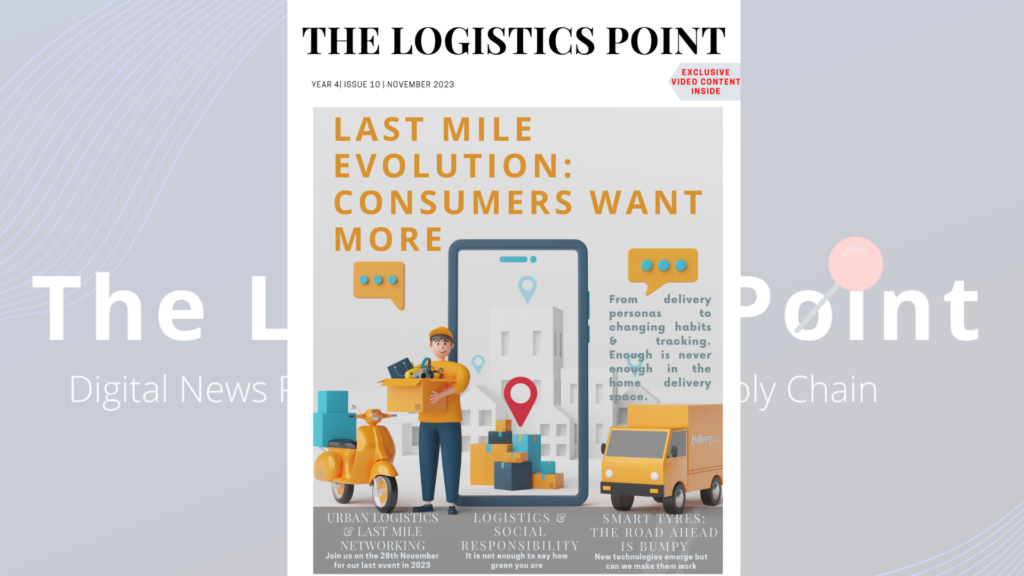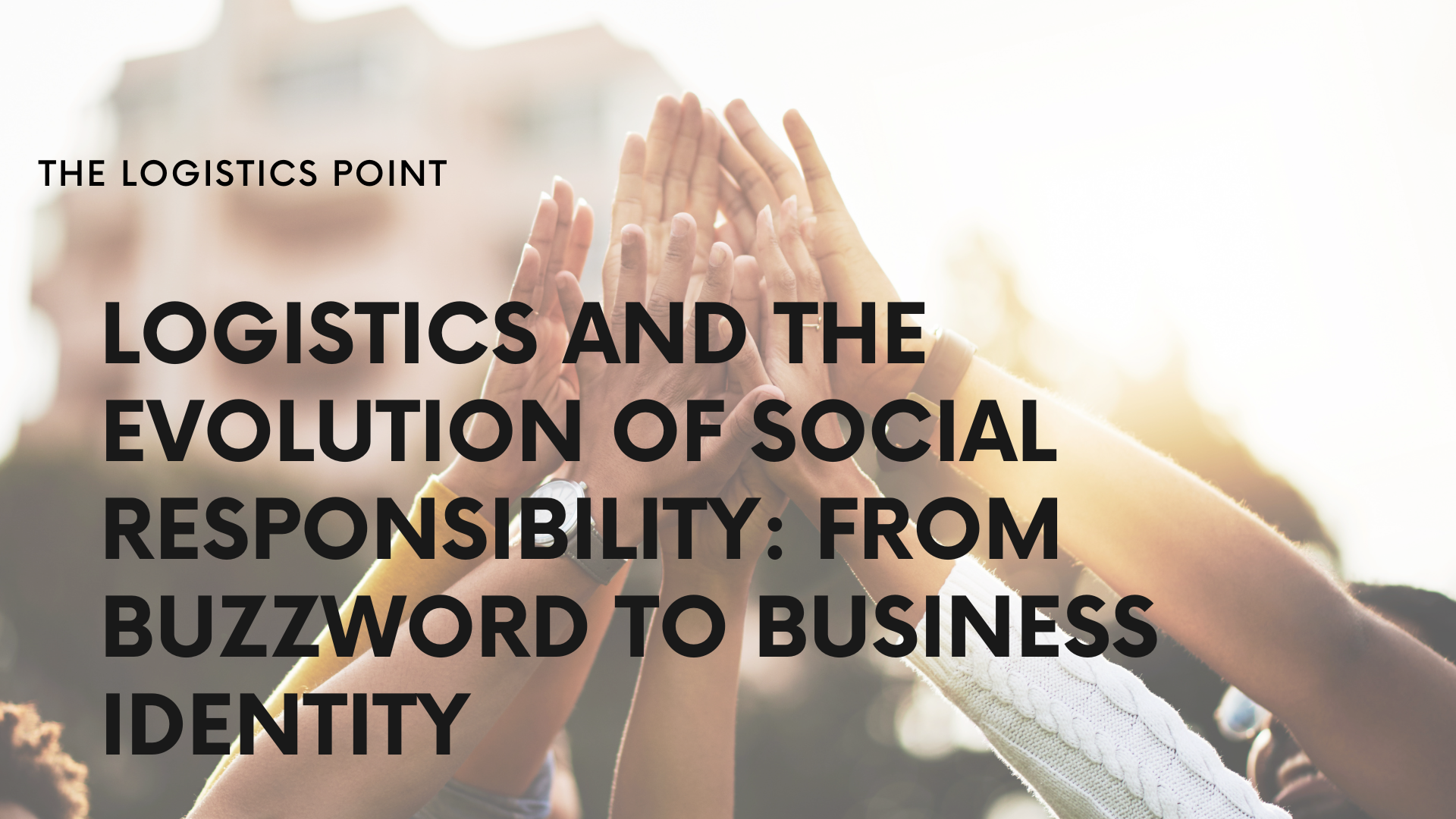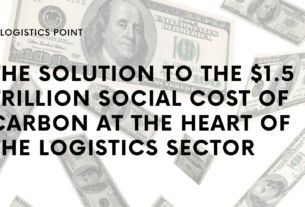In today’s dynamic business landscape, the concept of social responsibility has evolved beyond a mere buzzword. It’s no longer seen as a separate facet of corporate operations but a fundamental component of a company’s identity and mission. This is especially true for logistics companies who play a pivotal role in the supply chain, serving as a bridge between manufacturers, retailers, and consumers.

‘Investing in social responsibility will never negatively impact your brand, but that should always be a secondary consideration,’ says Jim Hardisty, Managing Director at goplasticpallets.com. What truly matters is whether you are operating your business in the most ethical manner, your environmental footprint, how you are contributing to wider society and looking after your employees.
While businesses need to deliver stable financial results, there’s a growing realization that being an ethical and profitable enterprise are not mutually exclusive. Organizations of all sizes have demonstrated that profitability and ethical practices can go hand in hand. The rise of businesses monitoring their emissions and investing in sustainability reports exemplifies this changing landscape.

Determining the costs and return on investment (ROI) of ethical supply chain management is indeed a complex and multifaceted endeavor. Initial investments might appear higher, but the long-term financial, operational, and brand value benefits often outweigh these costs.
Increased Legislation
As awareness about supply chain ethics grows, so does legislation. Changes in regulations can be swift, and firms need to anticipate and adapt to shifting compliance landscapes in various regions. Non-compliance not only poses ethical challenges but also carries the risk of substantial fines. Proactive ethical practices significantly reduce this financial risk.
‘’Instead of reactive changes which can be disruptive, proactive ethical measures ensure smoother transitions when new regulations are enforced,’ explains Jag Lamba, Founder and CEO of Certa.

Consumer-Driven Change
Consumers are now the driving force behind demands for transparency and sustainability. They insist on accurate and comprehensive product information encompassing materials, ethical sourcing, and environmental impact. This consumer behavior has a direct impact on retailers and, in turn, should motivate logistics companies to adopt sustainable practices that align with circular principles.
‘Accessibility to information, including regulatory documentation, size guides, and design specifications, can make the difference between a successful sale and losing a potential customer, which is why many turn to product information management (PIM) software,’ says Niels Stenfeldt, CEO of inriver.
Attracting Talent
Customers are increasingly looking to collaborate with like-minded businesses as part of their own social responsibility strategies. With the growth of B Corps and the heightened focus on sustainability, companies must align their practices with these principles to remain attractive partners. Moreover, younger generations are prioritizing a company’s social responsibility initiatives when applying for jobs. With an increasing skills gap in the logistics sector, attracting the right talent is critical.
We have been working with our customers to better understand their processes and applications and to see how our products can benefit them, not only from an efficiency point of view, but also from a green angle. Swapping out wooden pallets for long-lasting recyclable pallets is always a good start, but foldable sleeve packs and folding large containers are becoming more popular because of the space savings made during transportation.
We have an exclusive partnership with Cabka, and we are thoroughly impressed by their commitment to sustainability – not just in the products they make, but in their transparency, their research and the processes they’ve put in place to make the industry greener.
Comment by Jim Hardisty, Managing Director at goplasticpallets.com . More on page 32 in our digital magazine!

Navigating Economic Challenges
Recent economic and political instabilities have presented significant challenges for businesses striving to be socially responsible. Fluctuations in interest rates, geopolitical issues, and global conflicts all impact the business environment. Economic indicators might seem grim at times, affecting everyone’s priorities.
In this context, logistics companies have a critical role to play. They stand at the intersection of multiple stakeholders in the supply chain and are uniquely positioned to drive change. Social responsibility is not just a trend; it’s an imperative.
It’s a moral duty and a strategic advantage. Embracing it ensures the long-term sustainability and success of logistics companies while contributing to a more ethical, sustainable, and responsible business landscape for all.
The path to profitability and ethical practices is not a zero-sum game but rather a symbiotic relationship. In the modern business world, companies that understand this dynamic and act accordingly are the ones that will thrive, leaving a lasting positive impact on society, the environment, and their own bottom line.



